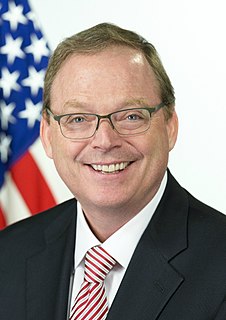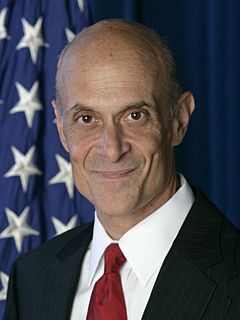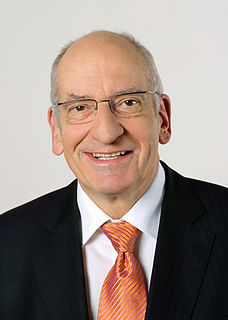A Quote by Kevin Hassett
If the U.S. doubled its total immigration and prioritized bringing in new workers, it could add more than half a percentage point a year to expected GDP growth.
Related Quotes
To the extent that our workers compete with low-paid Mexicans, it is as much through undocumented immigration as trade. This pattern threatens low-paid, low-skill U.S. workers. The combination of domestic reforms and NAFTA-related growth in Mexico will keep more Mexicans at home. It is likely that a reduction in immigration will increase the real wages of low-skilled urban and rural workers in the United States.
We should strengthen our immigration laws to prevent the importation of foreign wages and working conditions. We should make it illegal for employers to lay off Americans and then fill their jobs by bringing in workers from overseas. Any U.S. employer who wishes to hire from abroad - even for temporary jobs - should have to recruit U.S. workers first. And we should end the unskilled immigration that competes with young Americans just entering the job market.
In the Swiss government there is a will to limit the number of doctors themselves, because with new bilateral agreements with the European Union, there is what we call the "free flow of persons"; that our borders are open to immigration. And as the Swiss doctors are better paid than others, we could have a huge increase of immigration of doctors, more than we need. So we decided to limit the numbers of doctors coming into Switzerland. It is not a very intelligent system, but it is the best one that we have found to limit immigration of doctors.




































